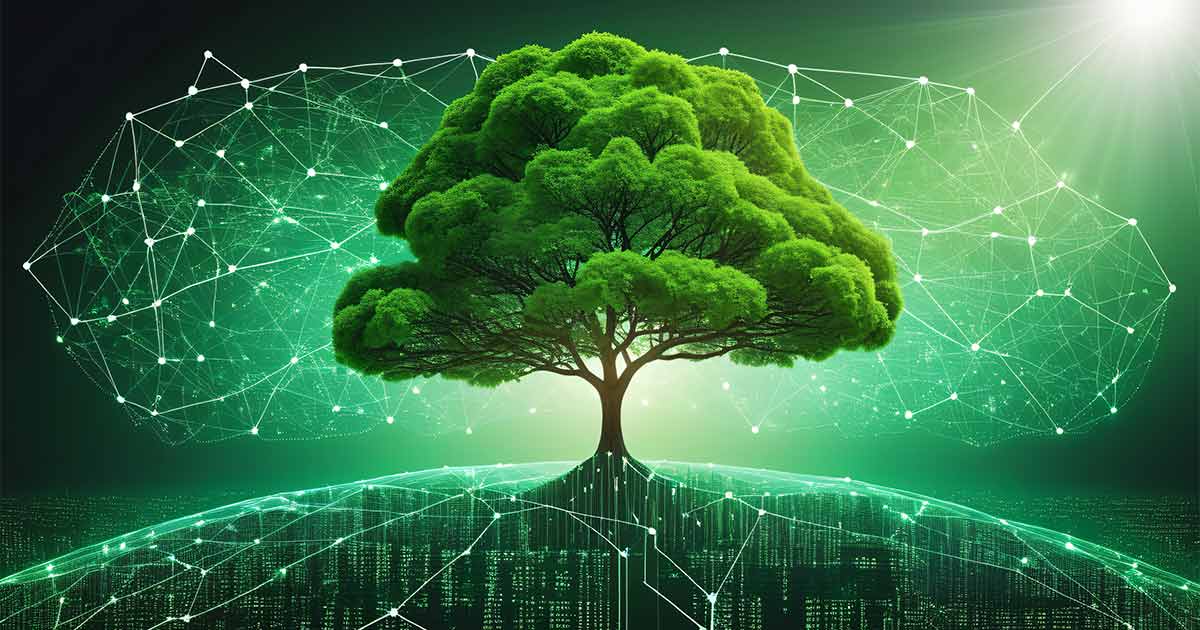Inventions of the Future that will soon be Available to Everyone
-
by anonymous
- 22
The Future of Technology: Merging the Digital and Physical Worlds
In recent years, we’ve seen unprecedented advancements in technology that have the potential to transform our everyday lives. From virtual reality to artificial intelligence, the world is becoming more interconnected and digitized than ever before. As we look toward the future, several key areas of innovation stand out, shaping what the next decade of technology could look like.

1. The Rise of the Metaverse
One of the most exciting and potentially transformative technologies on the horizon is the metaverse. Imagine a fully immersive digital world where people can live, work, and interact just as they would in the physical world. Companies like Facebook (now Meta) are investing billions into making this vision a reality.
In the metaverse, physical boundaries disappear, and people from around the globe can come together in virtual spaces. Whether it’s attending concerts, collaborating on projects, or simply socializing, the metaverse has the potential to redefine how we experience the internet.
However, creating a truly immersive metaverse requires significant advancements in virtual and augmented reality technologies. Haptic feedback systems, which allow users to feel virtual objects, along with advancements in graphics processing, will be essential in making this dream a reality.

2. Artificial Intelligence as a Daily Companion
Artificial Intelligence (AI) is no longer confined to research labs or niche applications. From personal assistants like Siri and Alexa to AI-driven recommendation systems, it has already become a part of our daily lives. In the near future, we expect to see AI taking on even more prominent roles.
AI systems will continue to improve in understanding human emotions and contexts, leading to more natural and effective interactions. The future of AI isn’t just about performing tasks, but about creating machines that can think and act independently, offering personalized experiences for users.
In industries like healthcare, AI-powered diagnostics are helping doctors identify diseases earlier and more accurately. Similarly, AI in education is providing tailored learning experiences to students, helping them grasp complex concepts at their own pace.

3. The Internet of Everything (IoE)
The Internet of Things (IoT) has been a buzzword for years now, referring to the interconnected nature of devices, from smart thermostats to wearable health trackers. But we’re now moving beyond IoT into the realm of the Internet of Everything (IoE), where not only devices but also people, processes, and data are connected in ways that create smarter environments.
Imagine walking into a home where everything adjusts automatically to your preferences: the lighting, the temperature, and even the music. With 5G networks and faster internet speeds, IoE will allow us to connect even more devices and share data across them seamlessly.
In the realm of smart cities, IoE will enable everything from traffic management systems to waste collection processes to work more efficiently. This interconnectedness will lead to cities that are not only smarter but more sustainable, helping reduce energy consumption and waste.

4. Human Augmentation and Biohacking
While the idea of augmenting the human body with technology may sound like something out of a sci-fi movie, it’s quickly becoming a reality. Human augmentation is the field where biotechnology meets cybernetics, allowing people to enhance their natural abilities through artificial means.
For example, exoskeletons are already being used in industries like construction to help workers lift heavy loads. Bionic limbs, which are controlled through neural connections, allow amputees to regain lost functionality. In the future, we may see even more advanced enhancements, allowing humans to gain abilities far beyond their natural limits.
Another aspect of this is biohacking—the practice of using technology to optimize physical and mental performance. With implants, wearables, and genetic modifications, biohacking could become a mainstream trend, allowing people to track and enhance their health in real-time.

5. Quantum Computing: The Next Frontier
Quantum computing represents a paradigm shift in how we process information. Unlike traditional computers, which use bits as the basic unit of information, quantum computers use quantum bits (qubits) that can exist in multiple states at once. This allows them to solve complex problems far more efficiently than even the most powerful supercomputers.
While still in its early stages, quantum computing has the potential to revolutionize industries like cryptography, drug discovery, and material science. It could solve problems that are currently unsolvable with classical computers, opening the door to breakthroughs we can’t yet imagine.
However, quantum computing comes with its own set of challenges, including the need for new algorithms and hardware to take full advantage of its capabilities. But as research progresses, we can expect to see quantum computers making a significant impact in fields like AI, security, and finance.

6. Sustainability and Green Tech
With growing concerns about climate change and environmental degradation, the demand for sustainable technology is higher than ever. From renewable energy sources like solar and wind power to electric vehicles, green tech is no longer just a niche market; it’s becoming the foundation of future technological growth.
Energy storage is one of the most critical challenges, and innovations in battery technology will play a key role in ensuring the stability of renewable energy systems. Similarly, carbon capture technologies could help reduce the amount of CO2 in the atmosphere, mitigating the effects of climate change.
In addition to energy, sustainability will also influence the design of products, buildings, and transportation systems. The future may be one where all technologies are developed with an eye toward reducing waste and preserving the planet for future generations.
Also read:-
Maximizing Your Earnings Potential with Freelancing
Tech Jobs That Doesn”t Require Coding Knowledge
How Does Blockchain Technology Help Organizations When Sharing Data? | Blockchain technology
What is Emerging Technologies ? | Metaverse concept
How Screen Time Is Affecting Our Mental Health ? | The Dark Side of Technology
Final Thoughts
The future of technology is full of promise, with innovations that will not only change the way we live and work but also how we interact with the world around us. As virtual worlds, AI companions, and human augmentation become part of our reality, we are standing on the brink of a new era—one that blurs the line between the digital and physical worlds.
As we move forward, it’s crucial to ensure that these technologies are developed responsibly, with a focus on inclusivity, sustainability, and ethical considerations. The possibilities are endless, and we are only just beginning to explore the vast potential that the future holds.
The Future of Technology: Merging the Digital and Physical Worlds In recent years, we’ve seen unprecedented advancements in technology that have the potential to transform our everyday lives. From virtual reality to artificial intelligence, the world is becoming more interconnected and digitized than ever before. As we look toward the future, several key areas of…
The Future of Technology: Merging the Digital and Physical Worlds In recent years, we’ve seen unprecedented advancements in technology that have the potential to transform our everyday lives. From virtual reality to artificial intelligence, the world is becoming more interconnected and digitized than ever before. As we look toward the future, several key areas of…